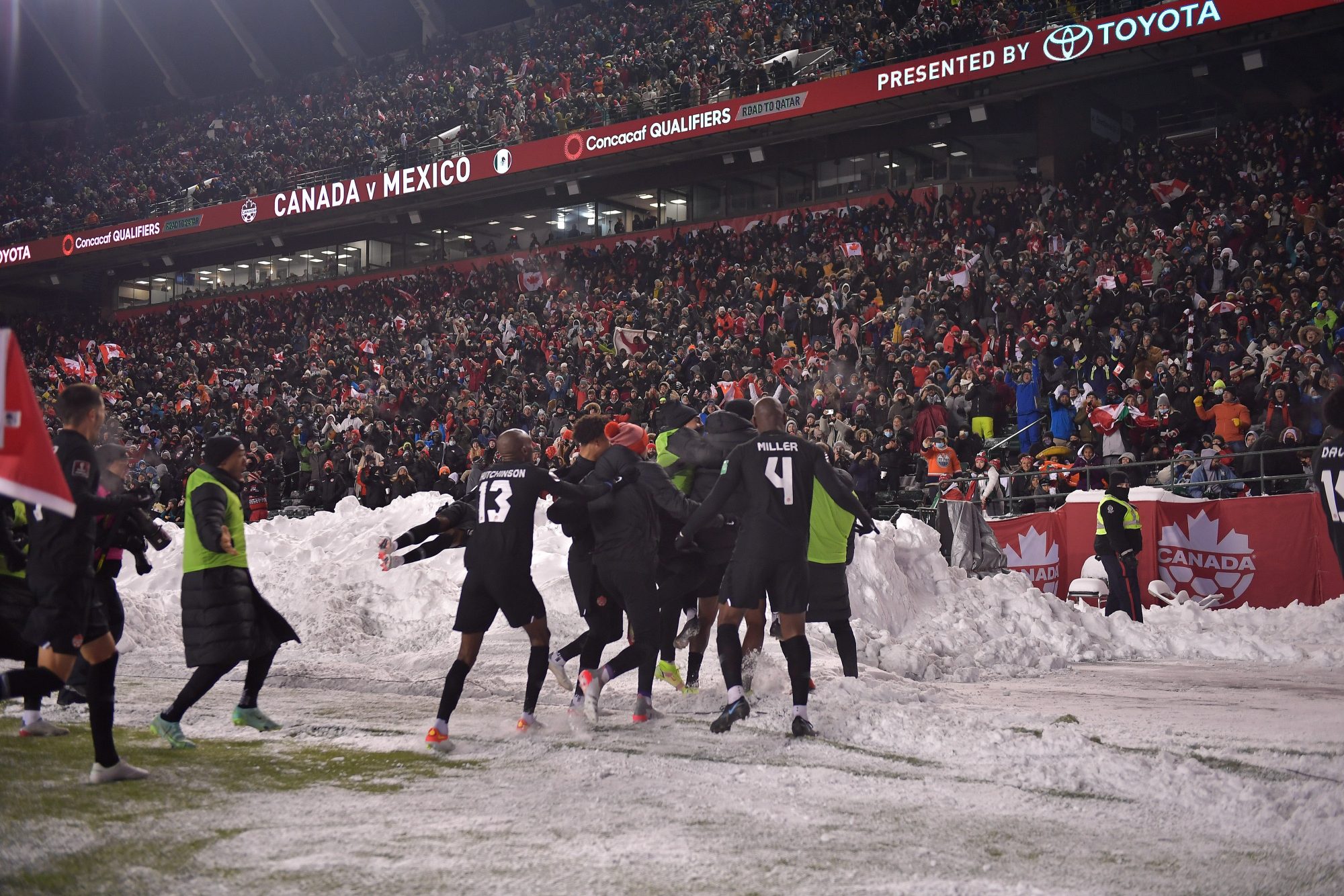Scene: Jason Kenney walks into the saloon, his saddlebags bursting with money from the surplus. At the table, waiting for him, are Ontario Premier Doug Ford and British Columbia Premier John Horgan.
Kenney sits down.
“Deal,” says the premier. He’s got an ace and a jack. He reaches into his saddlebags and pushes stack after stack of money to the middle of the table. And then he signs an IOU note for more. A total of $110 million.
“All in,” he says. “You boys want to host the World Cup, you gotta call this bet.”
Metaphorically, that’s what happened Tuesday, as the provincial government ended months, no, years, of hand-wringing by announcing $110.12 million has been earmarked in Edmonton’s bid to host World Cup matches in 2026. Edmonton, along with Toronto (which has been in since the start) and Vancouver (was in, then the province of B.C. pulled out, and now has interest in being in again), are in the mix. FIFA, the world’s governing body of soccer, performed site inspections in Toronto and Edmonton last November — and the Edmonton visit came while the Canadian men’s national team played two World Cup-qualifying games in front of more than 90,000 fans.
The number alone suggests that Edmonton isn’t a turnkey bid. If the provincial portion alone is over $100 million, what’s the budget after the federal and municipal allocations are brought to light. As I’ve mentioned before, there are varying tales from the table of what FIFA has asked Edmonton to do in order to bring Commonwealth Stadium to men’s World Cup standard (which is far different from Women’s World Cup standard, which Commonwealth met in 2015.)
We know that FIFA now demands a permanent grass pitch, not a temporary grass pad that’s rolled on and off. That grass pitch needs to be installed by 2025, to give time for the turf to set and then face the tests that come with friendly matches.
But Kenney isn’t just pushing the money on the table, daring the other Canadians cities in the bidding process to do the same. He’s doing something that we don’t see many people do to FIFA — he’s laid down conditions to the soccer body.
